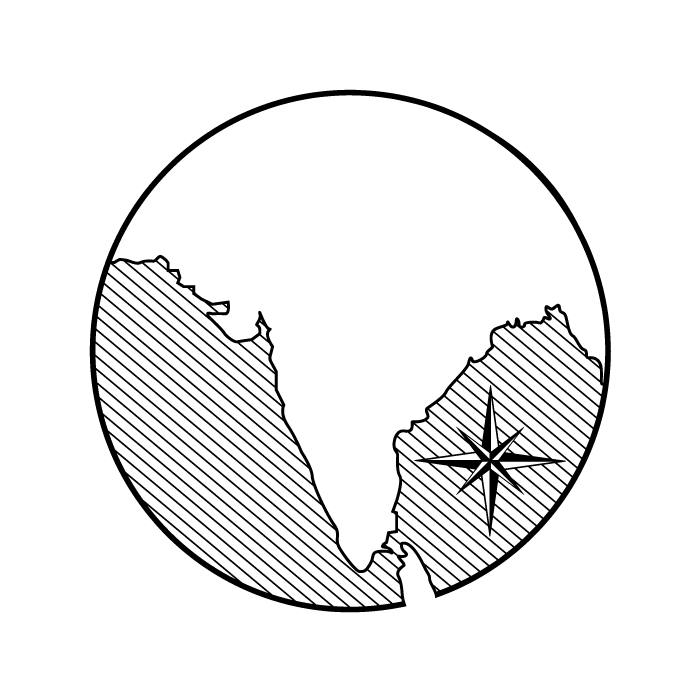 India Research Programme
India Research Programme
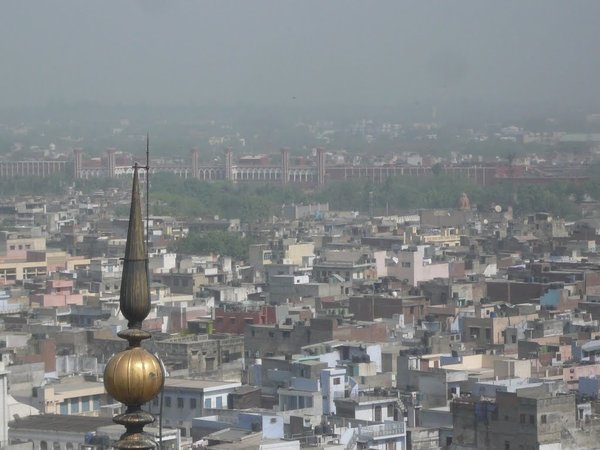
The GHIL has been actively engaged in research on the colonial and modern history of India since 2012. Its India Research Programme (IRP) came into existence in January 2018. The IRP works closely with project partners at well-known Indian universities and research centres to produce collaborative historical research on India. It has run long-term research projects on topics such as poverty and education and education and the urban in India since colonial times. Current projects include topics such as law, bureaucracy and monument making in colonial India, the production of popular histories in colonial and contemporary India, and digital archives and the politics of crowdsourcing history. The IRP plays an active part in shaping the research area Colonial and Global History at the GHIL.
History of the programme
The IRP was preceded by a five-year Transnational Research Group on 'Poverty Reduction and Policy for the Poor between the State and Private Actors: Education Policy in India since the 19th Century', which the GHIL ran in collaboration with distinguished scholars from Germany, India and the UK from 2013 to 2017.
People and Collaborations
At present the Programme includes GHIL Research Fellow Mallika Leuzinger and Senior Fellow Indra Sengupta, who is also Head of Programme. Research projects in India run with the assistance of research associates and assistants, who at present are supported by a third party grant from the BMBF-funded Merian Centre in New Delhi, ICAS:MP.
The IRP works in close collaboration with ICAS:MP (Thematic Module 1 ‘History as a Political Category’ and the Max Weber Forum for South Asian Studies in New Delhi. Collaborations include creating digitised source repositories, organising research conferences and exchange of scholars.
Research
Research Group
Education and the Urban in India since the 19th Century
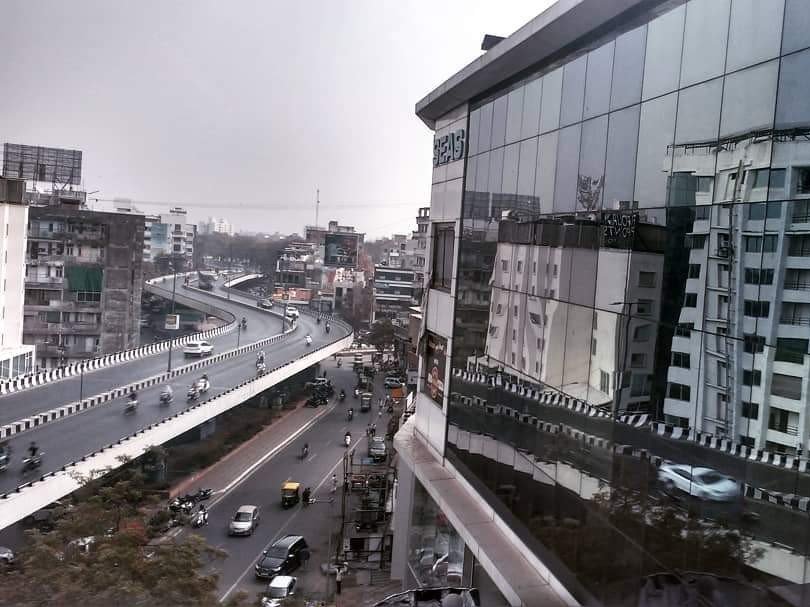
Focusing on major Indian cities, the research group examines the relation between education and the urban as a category in Indian society, which has undergone rapid and complex processes of urbanisation in the seven decades since independence from colonial rule in 1947. The project is conducted by Principal Investigators from Jawaharlal Nehru University (New Delhi), the Tata Institute of Social Sciences (Mumbai) and the National Institute of Advanced Studies (Bengaluru), along with the Head of the IRP.
Research Project
Selling History: Tourist Guides, Bazaar Histories, and the Politics of the Past in India in the late 20th and early 21st Centuries
Indra Sengupta
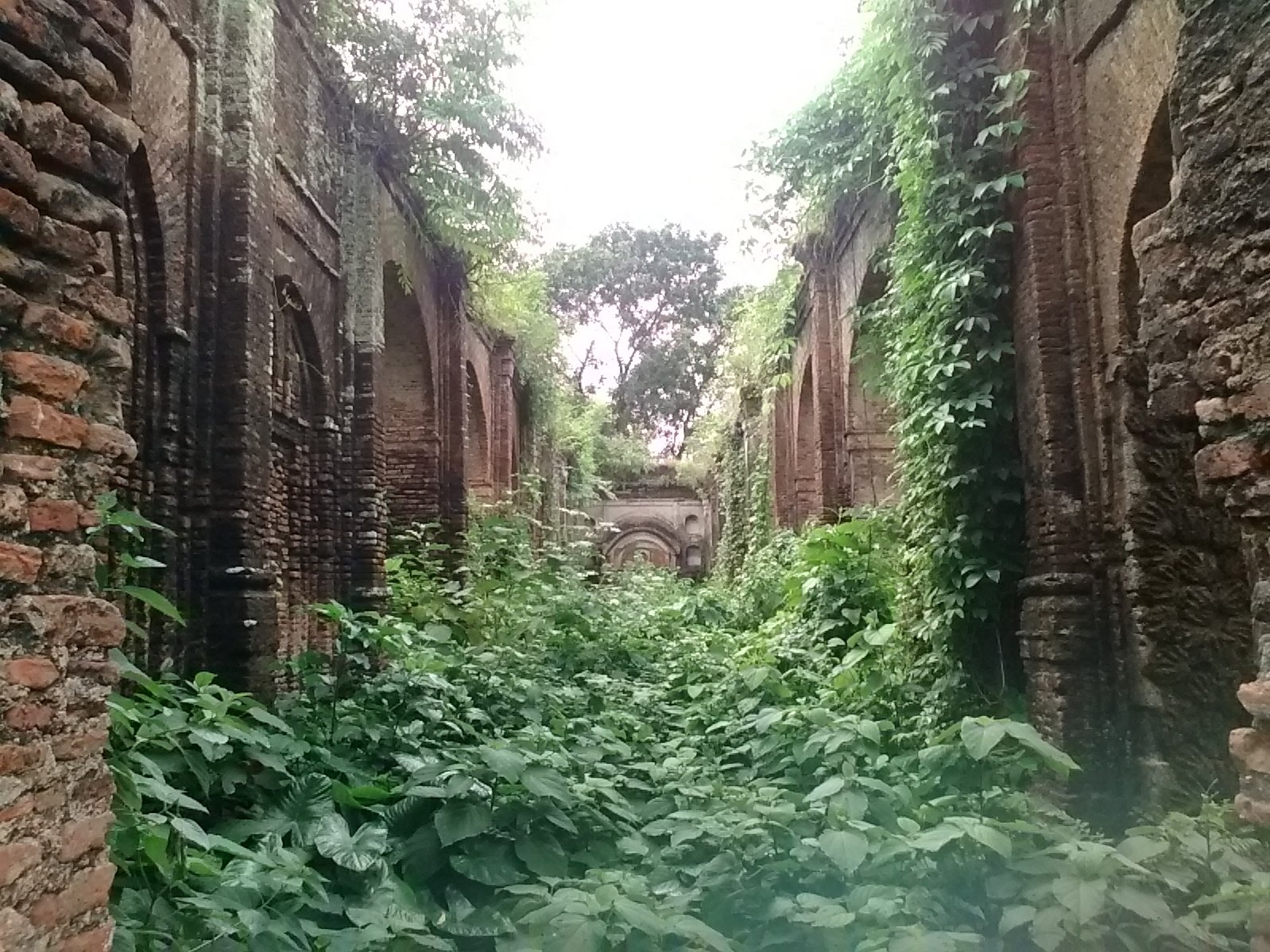
This project examines historical tourist guidebooks and locally produced historical tracts that circulate around historical/heritage sites in Murshidabad in eastern India. The aim is to understand the mutually constitutive relationship between popular regional ideas of the past and the changing political sphere in India since the late decades of the previous century.
Research Project
Preserving India’s Past: Law, Bureaucracy, and Historical Conservation in Colonial India 1904–1925
Indra Sengupta
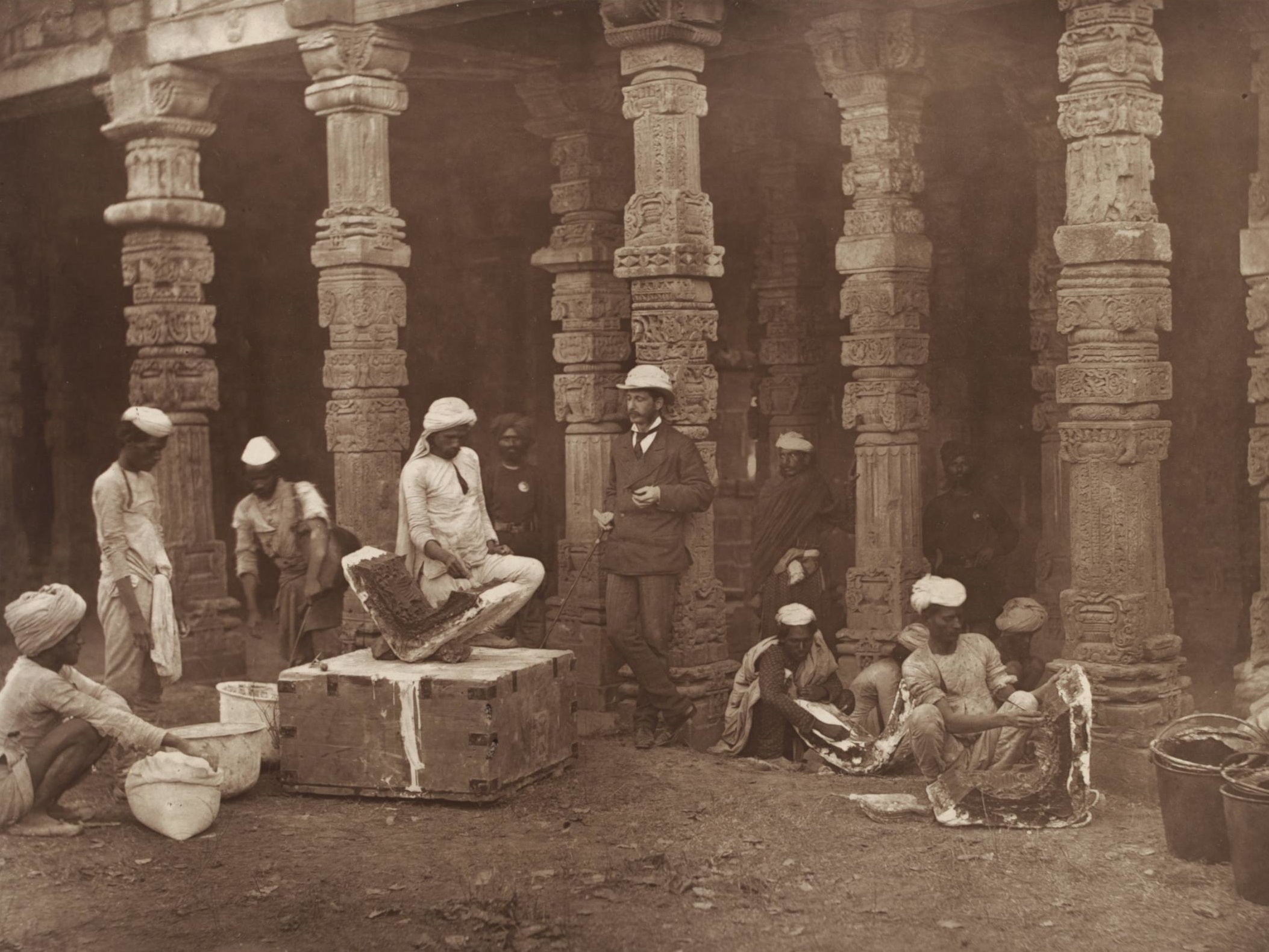
Taking the 1904 Ancient Monuments Preservation Act as a point of entry, this project examines the relationship between colonial law, its implementation by colonial bureaucracy, and the ‘making’ of historic monuments in India under British rule. The study focuses on Hindu religious structures. It looks beyond policy-making and analyses the many ways in which Indians exercised agency when faced with state power ‘on site’.
Collaborative Projects
ICAS MP
History as a Political Category
M.S. Merian – R. Tagore International Centre of Advanced Studies: ‘Metamorphoses of the Political’
Collaborative Projects
Bilderfahrzeuge
Bilderfahrzeuge – Aby Warburg’s Legacy and the Future of Iconology
Past and completed projects
Schools, Colleges, and the Creation of a Suburb: An Education History of Nineteenth Century Uttarpara (Akash Bhattacharya, 2018–2019)
German-speaking Jewish refugees and India, 1930s–1950s (Joseph Cronin, 2017–19)
Transnational Research Group: Poverty and Education in India – a transnational collaborative project funded by the Max Weber Stiftung and directed by the GHIL (2013–2017)
Fellowships
Visiting Fellowships
India Research Programme Fellowships at the GHIL
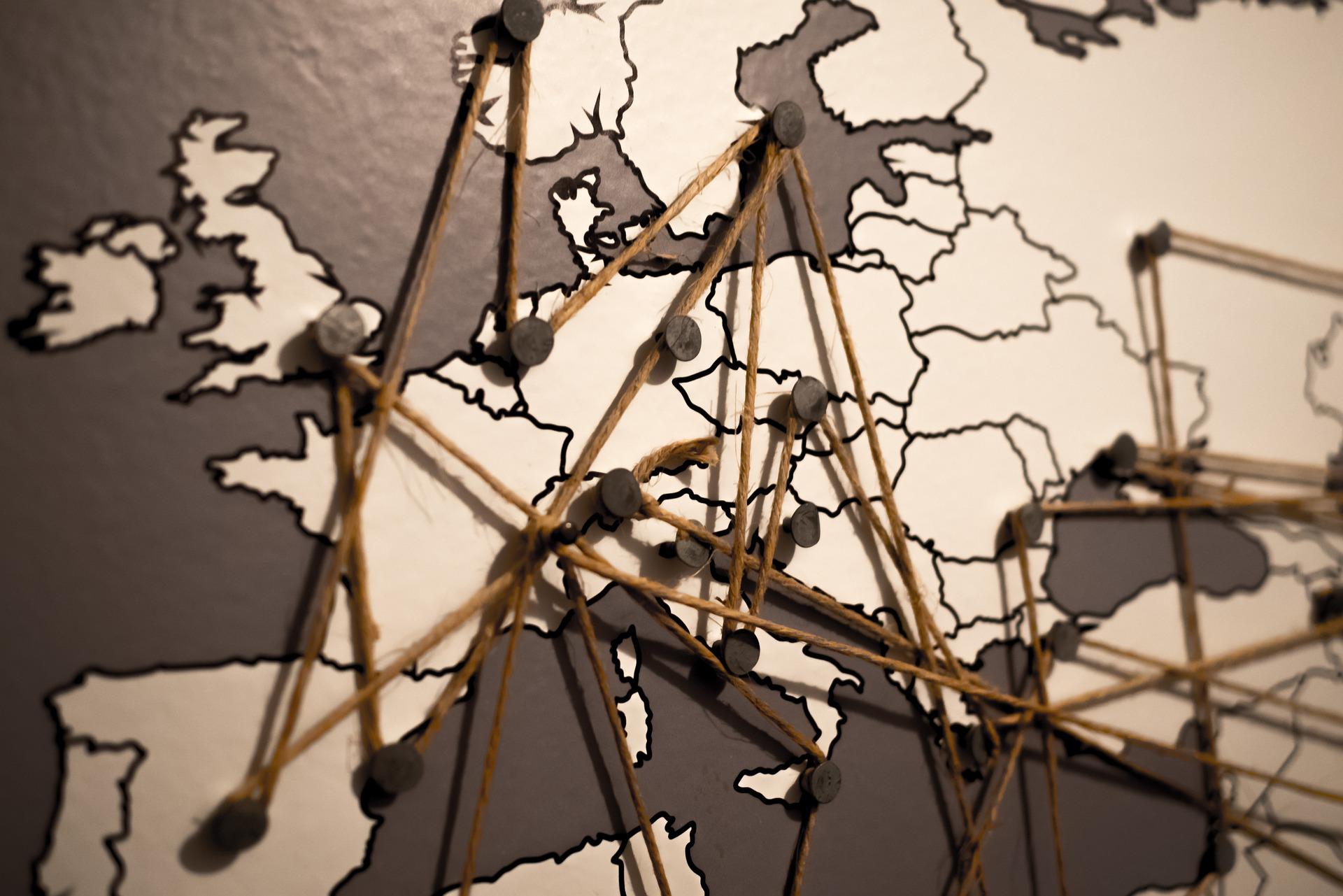
The India Research Programme regularly invites senior scholars from India through its Visiting Fellowship programme. The fellowships are meant for scholars who are working on our areas of research or are project partners in our research networks in India, such as ICAS:MP. The fellowships consist of a short-term residency at the GHIL. During their time at the GHIL, the scholars will conduct research in UK archives and libraries and contribute to the intellectual life of the GHIL, usually by giving a talk in the Institute’s lecture series or similar events and taking part in research network meetings on joint projects. Senior visiting fellows are also an integral part of the IRP’s collaborations with research partners in Germany.
Visiting Fellows 2024
Professor Ravi Sundaram, CSDS New Delhi – ICAS:MP Visiting Fellow, 1 May-30 June
Professor Neeladri Bhattacharya, Ashoka University, Sonepat - ICAS:MP TM1 Visiting Fellow, 31 May-30 June
Professor Radhika Singha, JNU New Delhi – IRP Visiting Fellow, 1 June-31 July
Professor Chitra Joshi, Indraprastha College, Delhi University (retired) - IRP Visiting Fellow, 15 October- 14 December
Former Visiting Fellows
2023
Awadhendra Sharan, CSDS New Delhi - ICAS:MP Visiting Fellow
Ravi Vasudevan, CSDS New Delhi - ICAS:MP Visiting Fellow
2022
Professor Neeladri Bhattacharya, Ashoka University, Sonepat - IRP Visiting Fellow
Professor Janaki Nair, JNU, New Delhi (retired), - IRP Visiting Fellow
Professor Prabhu Mohapatra, University of Delhi – ICAS:MP Visiting Fellow
Tandem Fellowships
GHIL/IRP-MWF Tandem Fellowship
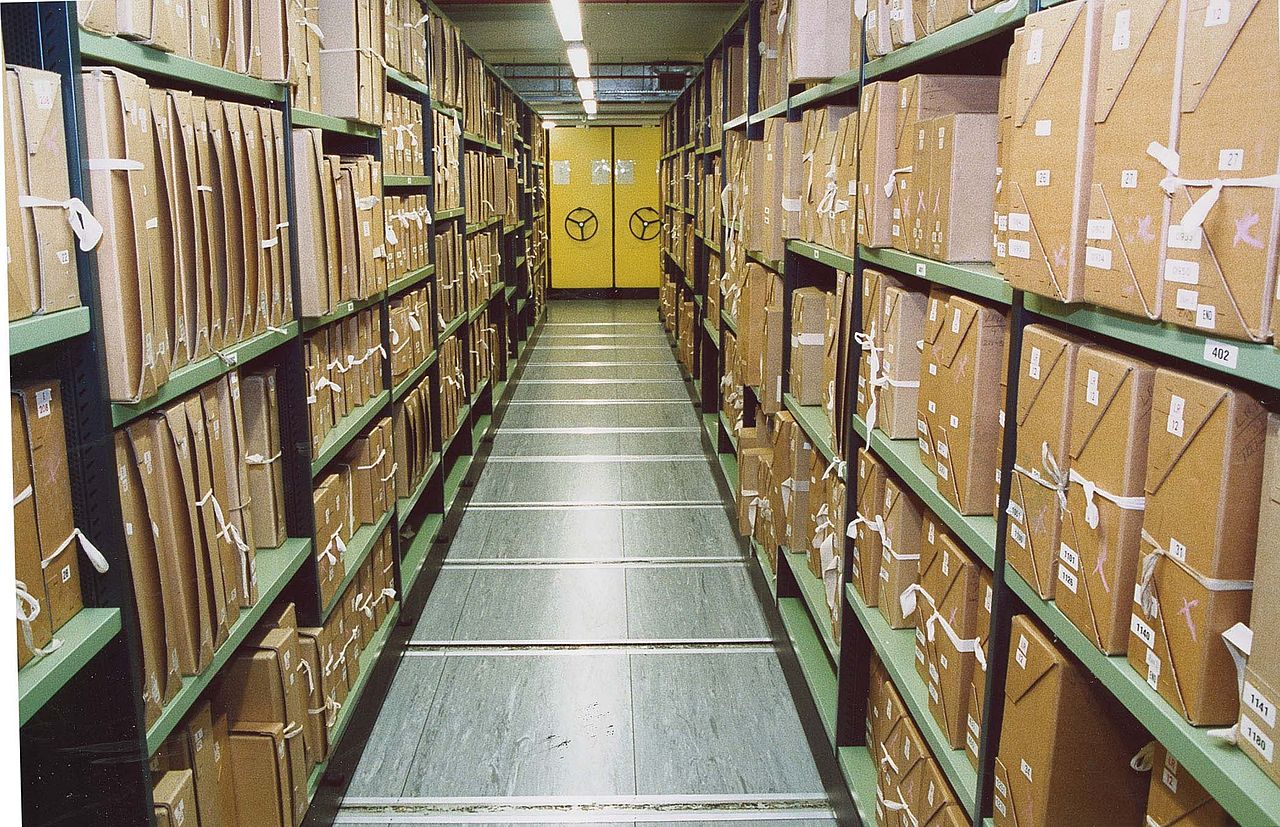
The Tandem Fellowship is a new programme that started in 2024. It is a collaborative programme that is run jointly by the GHIL/IRP and the Max Weber Forum for South Asian Studies, New Delhi.
The fellowship is open to early career scholars (postdocs/no later than 6 years from completion of PhD) from India and Germany, whose research is situated in the broad field of the history of the British Empire and Colonialism. Transcolonial perspectives are welcome. The programme aims to bring together one scholar from each of these countries to meet and exchange ideas in London and New Delhi. It offers scholars from these two countries the opportunity to spend 3 months in the UK and India to work on a joint research project or a part project. The fellowship is usually advertised in June of the year preceding the start of the fellowship.
Tandem Fellows 2024
Dr Samira Junaid (Bengaluru) and Dr Jolita Zabarskaitė (Berlin): ‘Greater India’ from the perspective of South India and Malaya from the late colonial period to the early 1960s
India-related Events at the GHIL
11 June 2024 (5.30pm)
GHIL Joint Lecture
Ravi Sundaram (Centre for the Study of Developing Societies, Delhi)
Populist Media Aesthetics?
Goldsmiths (RHB 122, Richard Hoggart Building)
25 June 2024 (5:30pm)
GHIL Lecture
Radhika Singha (Shiv Nadar University, Greater Noida)
International Penology in Colonial India: Too Advanced, Too American, Too Expensive?
GHIL/Online